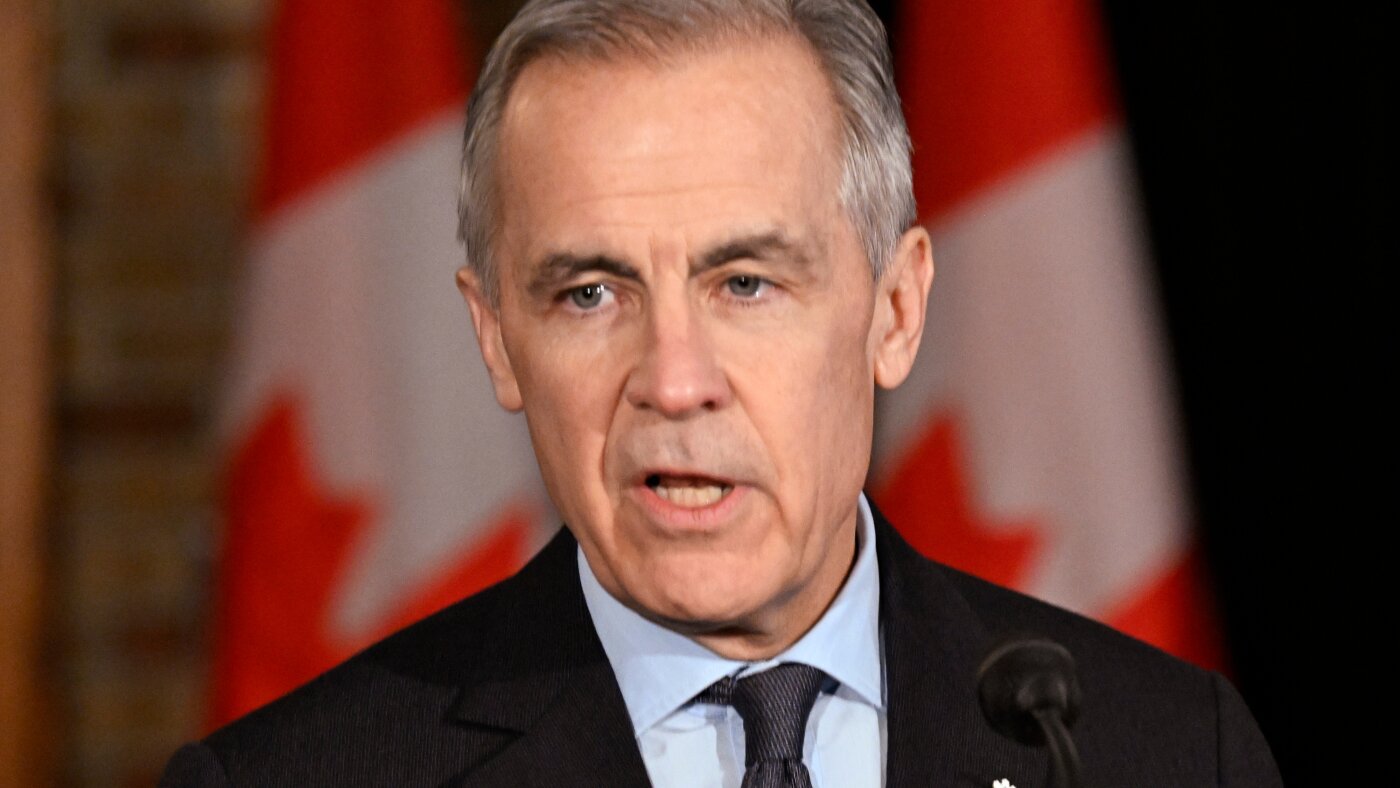The resolution of a prolonged legal battle has led to a precedent-setting verdict, where a prominent airline is facing an unprecedented fine due to its conduct during the health crisis. The judgment against Qantas, the national airline of Australia, represents a pivotal point in the country’s labor relations history. The dispute revolved around the airline’s illegal layoff of a substantial number of its ground personnel, an action contested by the workers’ union and later declared unlawful by the Federal Court. This decision goes beyond financial penalties; it serves as a strong message on corporate accountability, employee rights, and the equilibrium of authority in the workplace, particularly during challenging times.
The dispute began in 2020, during the height of the COVID-19 pandemic, a period that brought the aviation industry to a virtual standstill. In a bid to cut costs, Qantas made the decision to outsource its ground handling operations, a move that directly impacted approximately 1,800 baggage handlers, cleaners, and other ground staff. The airline argued that this was a necessary business decision driven by the dire economic circumstances. However, the Transport Workers’ Union (TWU) quickly challenged the legality of the move, arguing that it was motivated by a desire to prevent employees from exercising their workplace rights, including their right to strike and engage in collective bargaining. The union’s claim launched a protracted legal battle that would span several years and reach the highest court in the country.
The legal proceedings revealed a complex narrative of corporate strategy and industrial law. The Federal Court initially found in favor of the union, ruling that Qantas had taken “adverse action” against its employees. This was a critical legal distinction, as it meant the airline’s actions were not just a commercial decision but an illegal attempt to circumvent labor protections. The court’s judgment was a vindication for the ground staff who had been laid off, many of whom had dedicated decades of their lives to the company. It was a clear signal that even in an unprecedented global crisis, employers could not disregard fundamental legal obligations.
Despite the initial court ruling, the legal saga continued. Qantas appealed the decision, taking the case through various levels of the Australian judicial system, including the High Court. Each appeal was a testament to the airline’s determination to challenge the judgment. However, the High Court ultimately upheld the original ruling, solidifying the finding that Qantas had acted unlawfully. This was a decisive victory for the TWU and the former employees, paving the way for a compensation and penalty hearing. The High Court’s unanimous decision was a final and unassailable confirmation of the workers’ rights and the illegality of the airline’s conduct.
The sentencing phase of the case garnered significant attention, as it was expected to set a benchmark for upcoming labor disputes. The court was tasked with setting a penalty that served as a retribution for the previous violation and as a warning to deter similar actions by other corporations in the future. The ultimate figure, an overwhelming A$90 million, marked a first in the history of Australia’s labor relations. In addition to this, the judge issued a severe criticism of the airline’s behavior, particularly noting the absence of sincere apology shown during the court proceedings. The court emphasized that although Qantas had issued apologies, these seemed aimed more at reducing reputational harm instead of acknowledging the actual damage inflicted on the former staff.
The financial penalty is in addition to a substantial compensation package that Qantas had already agreed to pay its former employees. This two-part outcome—compensation for past harm and a fine for the legal transgression—is a powerful combination. It not only addresses the financial hardship endured by the laid-off workers but also sends a clear message to the broader corporate world about the serious consequences of breaching labor laws. A significant portion of the fine is being paid to the Transport Workers’ Union, an acknowledgment of their tireless efforts in bringing and prosecuting the case on behalf of the affected workers. The remaining amount is set to be distributed to the former employees, further adding to the redress they are receiving.
The fallout from the case has been significant, not just for Qantas but for the entire Australian corporate landscape. The ruling has prompted a broader discussion about the ethical responsibilities of companies, particularly during economic downturns. It has reinforced the importance of fair work practices and the power of unions in holding powerful corporations accountable. The case has also been a major factor in a broader effort by Qantas’s current leadership to rebuild trust with its staff and the public, an acknowledgment that the reputational damage from the incident has been substantial. The fine serves as a stark reminder that short-term financial gains from illegal actions can lead to long-term legal and reputational costs that far outweigh any initial savings.
The series of dismissals at Qantas serves as a significant lesson in corporate responsibility and underscores the lasting importance of workers’ rights. It shows that a corporation’s decisions, even during severe economic stress, must comply with legal standards and public oversight. The verdict of the legal proceedings is a win for employees and sends a strong warning to businesses worldwide that ignoring legal and ethical responsibilities for financial gain will face consequences. This event marks a pivotal point in Australia’s labor history, destined to be cited for many years ahead.




